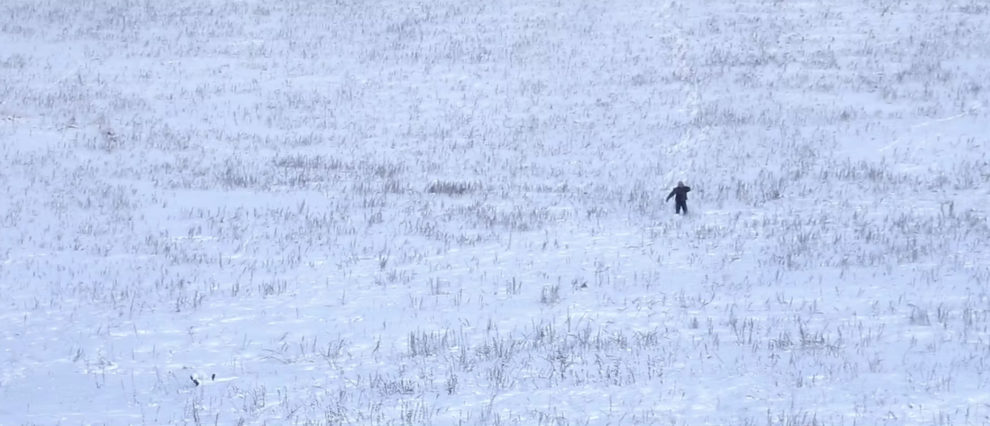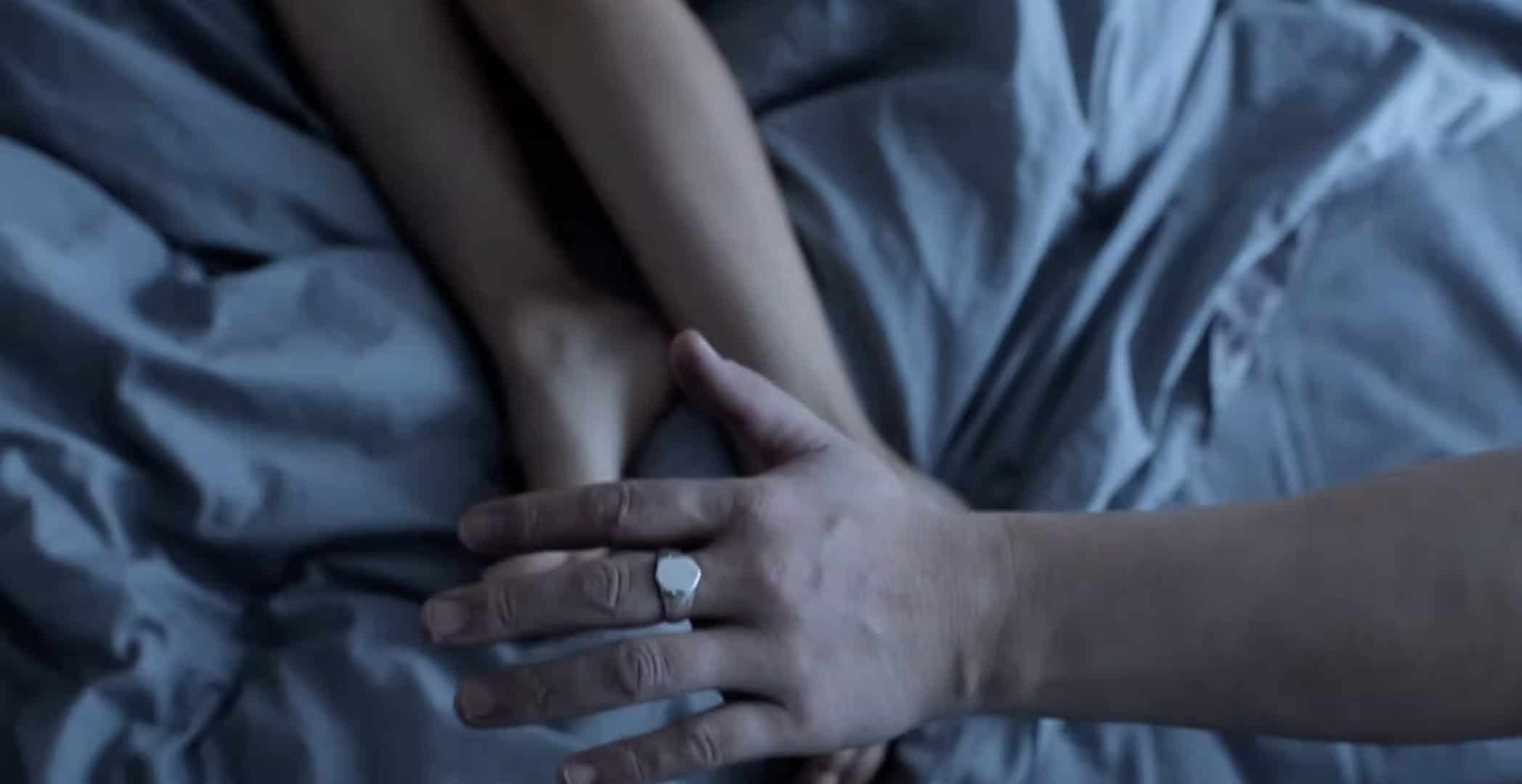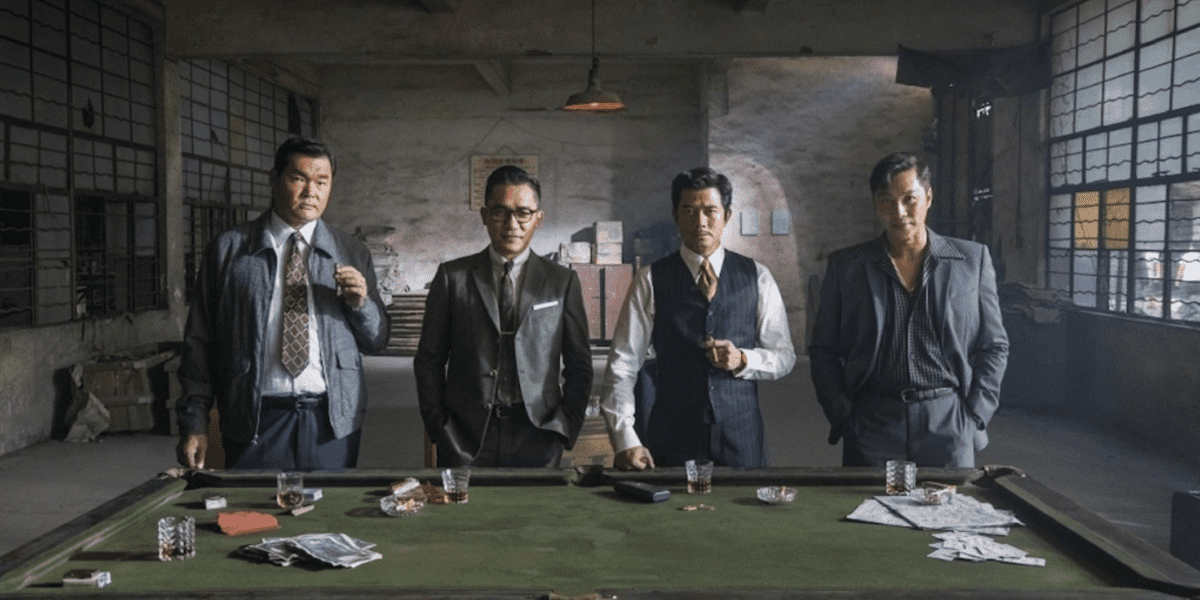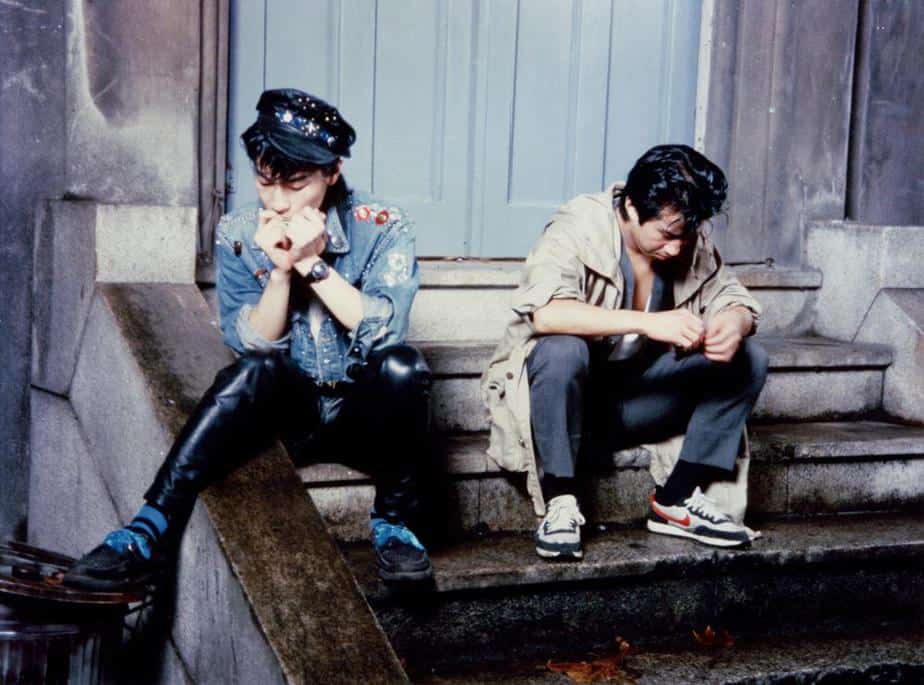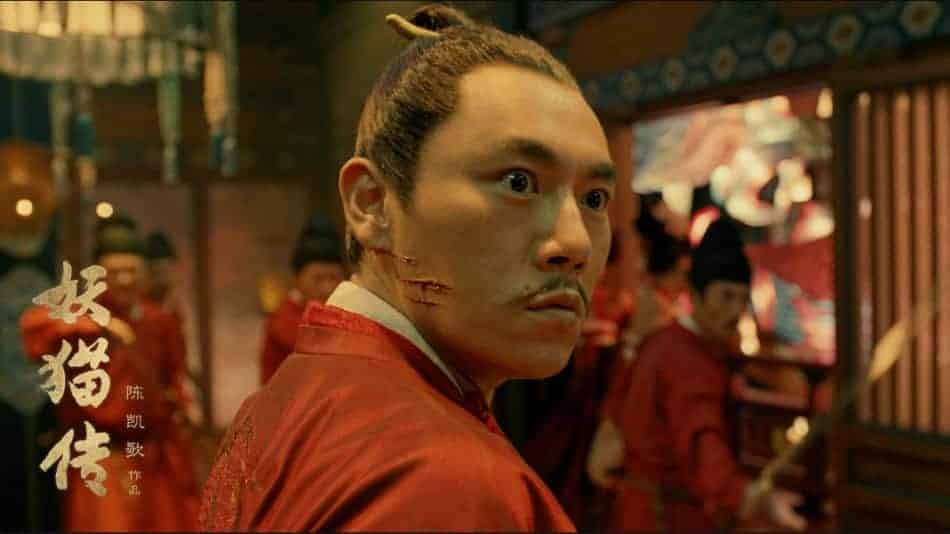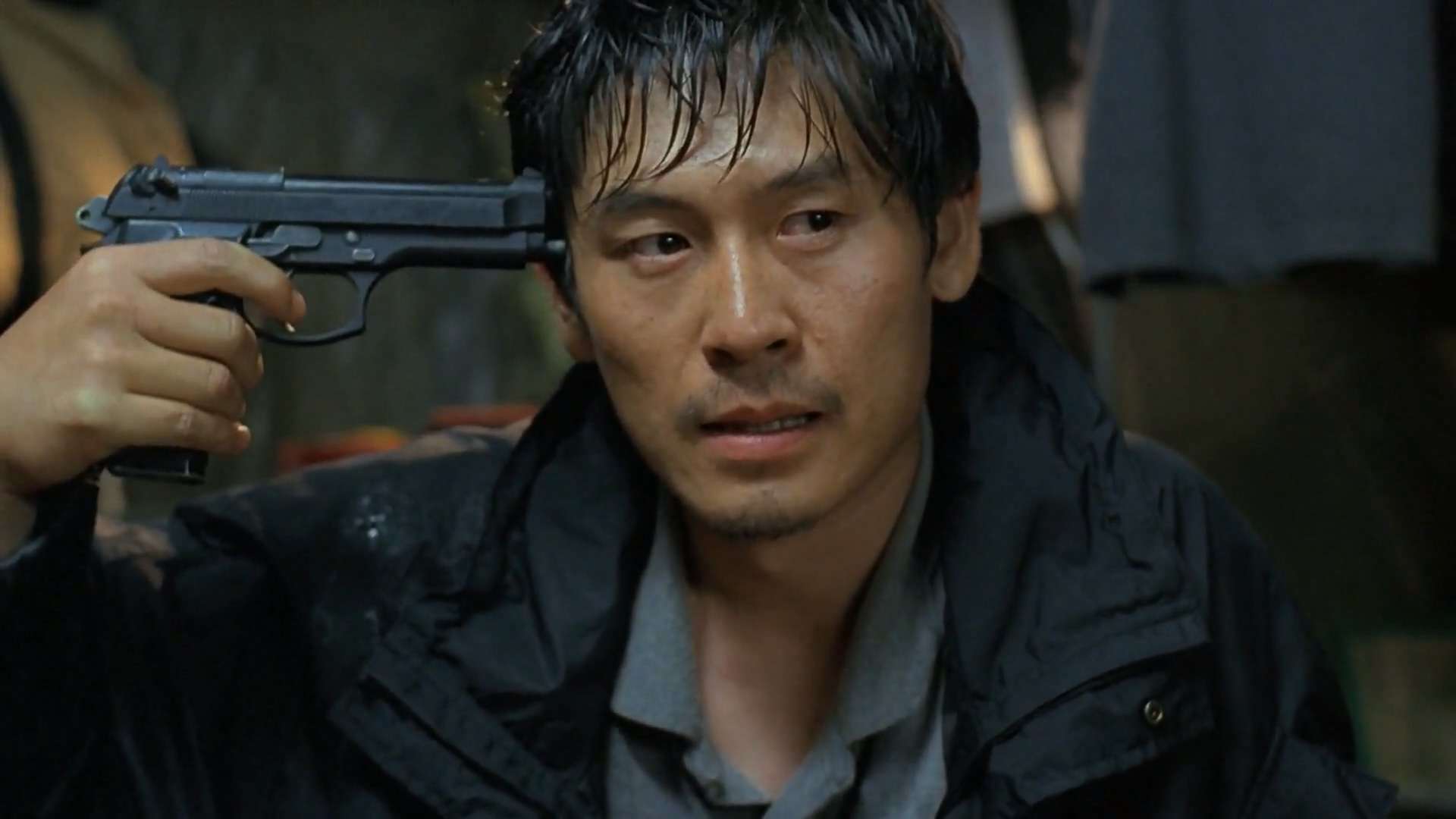Taking its departure from the centuries-old tradition of long narratives recited by Yakut olonkhosuts during the long winter months, the AyarKut foundation's online programme the “Terrestrial voices” aims to explore new forms of narration and storytelling, the peculiar listening capacities inherent to the cultures of the small peoples of Siberia, the interpretation of oral folk art, and perspectives of modern ethnography as seen from both the inside and out, and from the standpoint of sound. The distinct Yakut mythology finds reflection in the work of many artists who are seeking out various motif-thematic connections, stylistic devices, and creative principles in epic poetry.
“Terrestrial voices” includes:
10 audio mixtapes by Russian musicians interpreting the Yakut musical heritage and Olonkho (curated by Bulat Khalilov)
4 curated programmes of films and video art on indigenous issues in the format of an online streaming platform
An international online exhibition hosted on the website featuring 14 artists, dedicated to the study of the voice as an artistic material
The Radio Olonkho project: specially recorded audio podcasts by “Culture of Yakutia” and the theatre perfomances
One of the Programmes of films is “BREAKTHROUGH: YAKUT FILMS OF THE MIDDLE OF THE 2010's”, curated by Sergei Anashkin. Through the words of the Programme Curator:
“The “Breakthrough” programme directs the attention of the viewing public to Yakut cinematography of the middle of the last decade.
Yakut cinema is a highly distinctive epicentre of ethnic cinema in Russia; a “small industry” that paradoxically enjoys a combination of stability and dynamism. It originated in the mid-eighties. Two opuses claim the status of “the first Yakut film” – Alexei Romanov's short film “Mappa” and a television film by Anatoly Vasilyev entitled “The Old Toy”, both filmed in 1986.”
“The majority of directors did not have any specialist qualifications (at best, they had graduated from a theatrical university). The economic model set the limits of their directorial freedom. The filmmaker was given the chance to reveal his own individuality – within the framework of the established canon. But the European concept of the “omnipotence of the author” was a long time in taking root in Yakutia: films had to meet the expectations of the local public; otherwise they wouldn't be able to pay for themselves.”
“The middle of the last decade represents a turning point in the history of Yakut cinema. It has now entered its age of creative maturity, having received recognition outside the region, and has transformed from a narrow local phenomenon into a significant instance of the multi-ethnic cultural milieu of the Russian Federation.”
Here is the line-up of “BREAKTHROUGH: YAKUT FILMS OF THE MIDDLE OF THE 2010's”, available on this LINK February 14-28
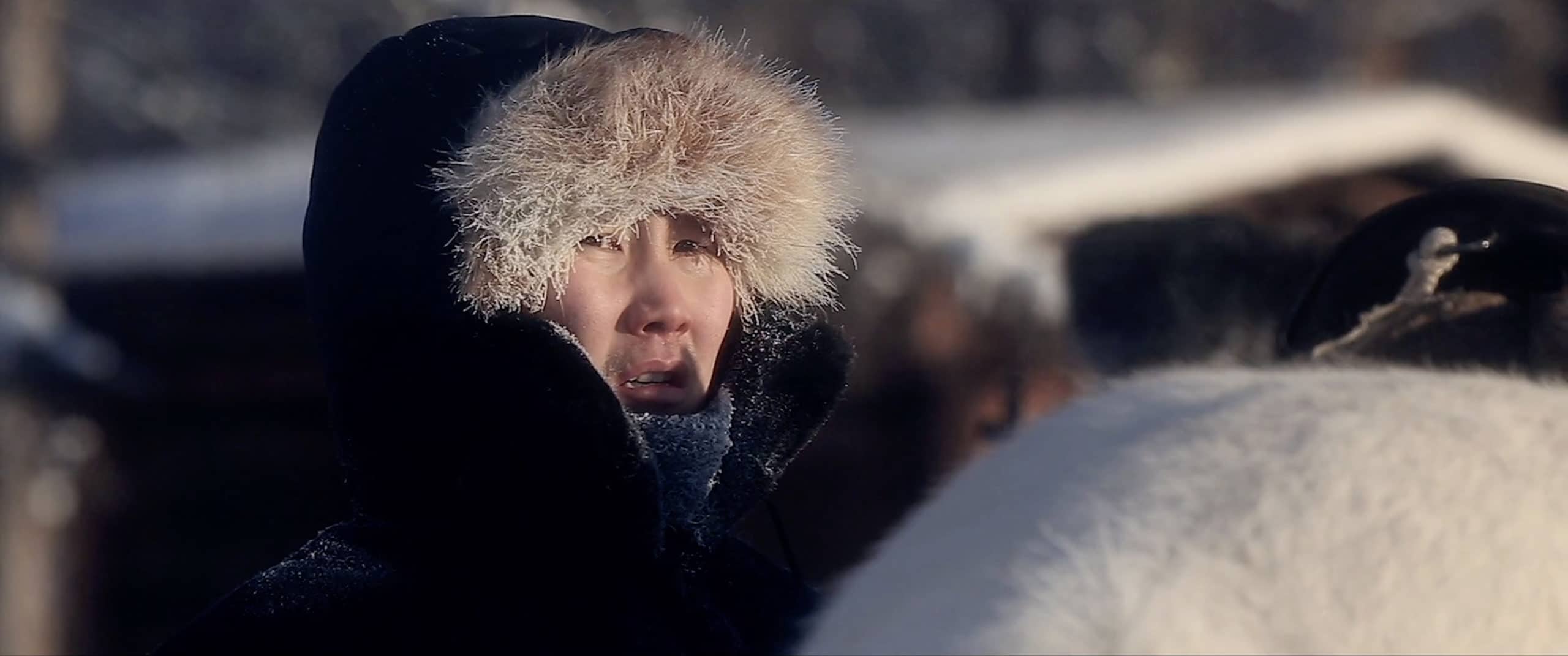
Outlaw (Begly)
dir. Stepan Burnashev – Russia. 2014. 77 min.
Thriller. Three fugitives leave a bloody trail behind them. They are not friends, but rivals. Which of the three will be lucky enough to survive out in the harsh taiga?
God Johogoi (Johogoi Aiyy)
dir. Sergei Potapov – Russia. 2015. 58 min.
Documentary feature film. The plot emerges from the combination of three semantic layers: Superimposed onto the chronicle of a real event (the Ysyakh summer solstice of 2013) is a fictional story – about the meeting of a guy and a girl, about the birth of their love, and how that everyday plot, in turn, becomes overgrown with mythological overtones (the shepherd boy being likened to Dyesegei, the benevolent deity of horses,).
Unsolved Love (Nerazgadannaya lyubov')
dir. Mikhail Lukachevsky – Russia. 2015. 91 min.
Documentary feature film. A young singer, preparing for a concert, strives to better comprehend the legacy and character of her father. Relatives and friends of the late rock musician Stepan Semyonov play themselves.
Lost (Zabludivshiyesya)
dir. Alexei Ambrosyev Jr. – Russia. 2015. 104 min.
A drama about survival in extreme conditions. Two guys who barely know each other get lost in the taiga. To survive, they need to learn how to get along.
My murderer (Moi ubiitsa)
dir. Kostas Marsan – Russia. 2016. 103 min.
Detective. A young police investigator is investigating a murder. It turns out that what at first glance seemed a domestic incident is a crime is connected with a lot of money. “Easy money” destroys people's souls, infecting them with greed and deceit.
His Daughter (Yego doch')
dir. Tatyana Everstova – Russia. 2016. 97 min.
Autobiographical drama. First-year schoolgirl Tanya lives in a remote Yakut village. The girl misses her dead father, with whom she is in constant mental dialogue.
Bonfire (Kostyor na vetru)
dir. Dmitry Davydov – Russia. 2016. 85 min.
Psychological drama. Two old men have buried their sons. One tries to live out his century in good conscience, and finds solace in helping a neglected boy. The other is obsessed with his hatred; his only reason for living is bloody revenge.


